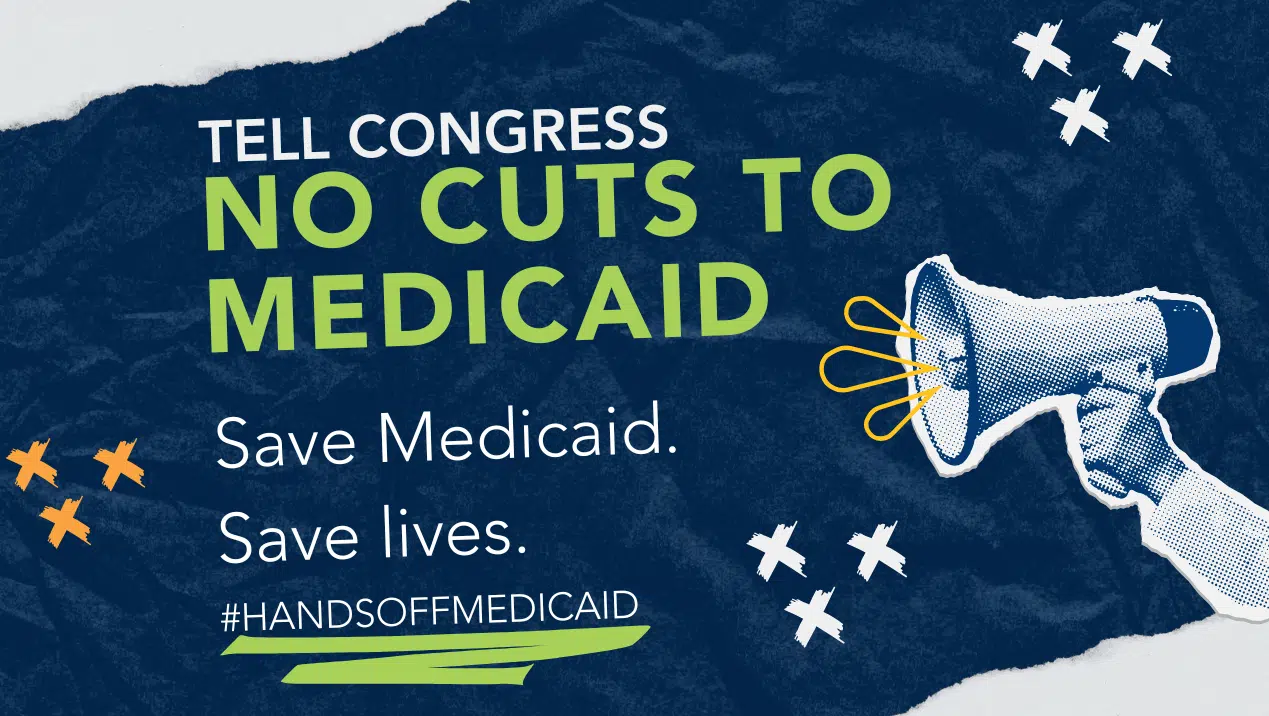Take Action: Tell your senators to reject harmful cuts to health care!

The Centers for Medicare & Medicaid Services recently announced a proposal designed to increase hospital price transparency. Under the draft rule, hospitals would be required to publicly disclose the price they negotiate with each insurer for almost every service, drug, and supply they provide to patients.
If that sounds like a lot to sift through to figure out which facility is right for you, it is. Although this proposal comes amid widespread calls for more transparency and clarity around health care pricing and is intended to lower costs as well as improve consumer decision-making, it also raises significant questions about how much information is useful and in what formats.
Even though the rule would require the data to be searchable, the underlying information would necessarily contain tens of thousands of potential charges—from room and board to the costs of surgical supplies to the cost of each aspirin. To make an informed choice, a person would have to know all of the services he or she would require in advance—potentially down to how many sutures would be needed to close a yet-to-be-made incision. The consumer would then need to look up each of those services, cross reference them with their insurer and specific plan to find the negotiated rate, and then add them up. They would need to do this for each hospital they are considering utilizing.
Aside from these complexities, the proposal’s ability to lower costs and aid consumers has other inherent limitations. For example, only certain medical needs are “shoppable” in this way. If a person is being rushed to the hospital because they are having a heart attack, the relative cost of cardiac care at the area hospitals is not going to be known, never mind going to direct the ambulance.
There is some hope that the publication of these prices alone, aside from patient’s shopping efforts, could lead to lower costs. Yet, results from studies point in both directions, in part because behavioral responses can be difficult to predict. As a result, it remains to be seen if increasing transparency in this manner gives large employers and insurers more negotiating power with hospitals and therefore the ability to drive down prices, or if it instead drives prices up by bringing them in lock-step across competing hospitals.
The Medicare Rights Center appreciates efforts to address the problem of high and rising health care costs. We support efforts to increase transparency and provide more information to beneficiaries, but strongly caution against systems that rely on beneficiaries to be “smart shoppers” in times of medical crisis.
Show Comments
Help Us Protect & Strengthen Medicare.
Donate today and make a lasting impact.
The Latest
Most Read
Add Medicare to Your Inbox
Sign up to receive Medicare news, policy developments, and other useful updates from the Medicare Rights.
View this profile on InstagramMedicare Rights Center (@medicarerights) • Instagram photos and videos









